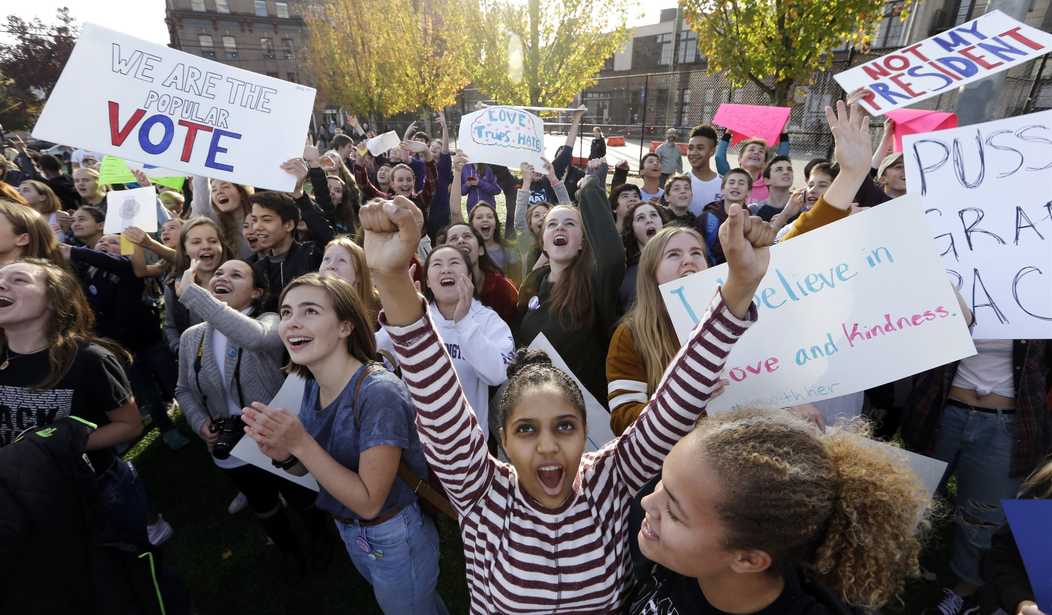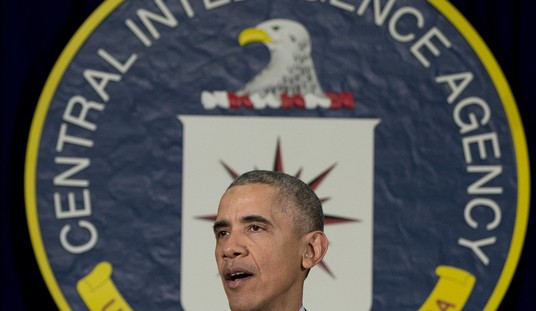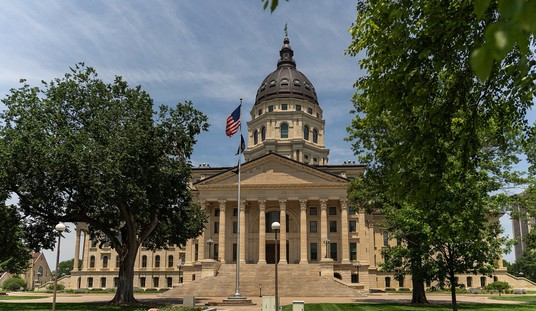On Monday, the US Supreme Court announced new cases it would hear in the upcoming term. In what was something of a shock, two of the cases were higher education affirmative action cases. What makes the decision a shock is that the Supreme Court has run like a scalded dog from university affirmative action challenges since 2016, so taking up two cases is a big deal. The fact that two cases are being added to the calendar for the next session implies that there is an appetite for more than a little trimming around the edges.
The first of the cases is titled Students for Fair Admissions v. University of North Carolina. Here the Supreme Court is being asked to decide two issues.
(1) Whether the Supreme Court should overrule Grutter v. Bollinger and hold that institutions of higher education cannot use race as a factor in admissions; and (2) whether a university can reject a race-neutral alternative because it would change the composition of the student body, without proving that the alternative would cause a dramatic sacrifice in academic quality or the educational benefits of overall student-body diversity.
Grutter v. Bollinger is the 2003 case that permitted race-based admissions quotas so long as they were tarted up with enough diversity lipstick to divert Anthony Kennedy’s attention. The UNC case has already been tried at the district court, the University prevailed, but it was accepted by the Supreme Court without the Fourth Circuit hearing the case.
The second case is a lot more interesting. In Students for Fair Admissions Inc. v. President & Fellows of Harvard College racial discrimination is alleged but it specifically targets Harvard’s policy of creating a numerical ceiling for the number of Asian students admitted to each class by inventing intangible categories like “unlikable” to torpedo the remainder in the “interview” process. (See Asian students sue Harvard for discrimination). The Trump administration had filed a brief supporting the Asian students, but the Biden junta changed that position (see Biden Administration Decides Racial Discrimination at Yale Is Totally Okay so Long as the Right Race Is Involved.) The issues to be argued in the Harvard case are
(1) Whether the Supreme Court should overrule Grutter v. Bollinger and hold that institutions of higher education cannot use race as a factor in admissions; and (2) whether Harvard College is violating Title VI of the Civil Rights Act by penalizing Asian American applicants, engaging in racial balancing, overemphasizing race and rejecting workable race-neutral alternatives.
The last higher education affirmative action case decided by SCOTUS, Fisher v. University of Texas at Austin, was decided by a 4-3 vote (Roberts, Thomas and Alito dissenting) and severely limited but did not eliminate racial preferences in admissions. The late Ruth Bader Ginsburg crowed about the case this way:
In an interview not long after the Texas case was decided, Justice Ginsburg said it would endure.
“If Justice Kagan had been there, it would have been 5 to 3,” she said. “That’s about as solid as you can get.”
“I don’t expect that we’re going to see another affirmative action case,” Justice Ginsburg added, “at least in education.”
The left, rightfully, I think, sees this as Armageddon for the racial spoils system that governs our system of higher education. It is difficult to ignore how these two cases have been combined to both reconsider Grutter but independently test racial discrimination against White-plus-Asian applicants and Asian-alone applicants. Given that the weak sister of the bunch, John Roberts, has opined “the way to stop discrimination on the basis of race is to stop discriminating on the basis of race,” it is hard to imagine any of the newer members of the court giving racially discriminatory admissions procedures any more respect. At Vox.com (motto: Zero days without burning our credibility to the ground), Ian Milhiser makes an unusually lucid point.
Conservative judges typically believe that the collective benefits society gains from having more diverse campuses must bow to the individual interests of college applicants. And, given the Supreme Court’s 6-3 divide, that conservative viewpoint is likely to prevail.
The Court’s decision to hear the Harvard and UNC cases, moreover, adds two more major cases to the Court’s already-bulging culture war docket.
In Barrett’s first term on the bench, the Court made expanding the right of religious conservatives to seek exemptions from laws that they object to on religious grounds one of its highest priorities. And the Court heard cases earlier this term that could significantly expand gun rights. force taxpayers to fund religious education, and even overrule Roe v. Wade.
Oddly enough, the Supreme Court’s decision in this case will have an impact far beyond higher education. The real issue it is deciding is the fate of the whole Diversity, Inclusion, and Equity grift. It is deciding if it wants ethnic specific dorms and dining rooms at universities. It is deciding if it wants to continue to subsidize a blatantly unconstitutional process that does virtually nothing to benefit any minority kid who does not come from an upper-middle-class household. It is also deciding if it wants to continue to be a part of the racial grievance system that is corroding American politics from top to bottom. I hope they do the right thing and look at the Constitution…the part that forbids discrimination on the basis of race…and decides that maybe our highest court shouldn’t have a role in further racial discrimination.














Join the conversation as a VIP Member